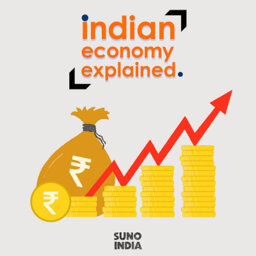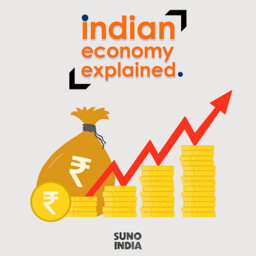Can gig work help generate sustainable jobs
Many semi skilled workers are taking up jobs with online companies such as Zomato, Ola, Uber among others. The gig economy has produced about 8 million jobs and is expected to triple to 24 million jobs in the next 3-4 years.
While the sector offers opportunities to informal sector workers to get relatively better paying jobs, with flexible work timings and locations. But the question remains if these working conditions are better suited for the workers in terms of having sustained income. The lack of health benefits, the unpredictable working conditions leave a lot to be desired in these jobs. To find out more about ‘gig’ work and the challenges it imposes on its workforce, Kunika Balhotra, Suno India’s Research and Communication Officer reached out to Ambika Tandon.
Ambika is a Senior Policy Officer at the Center for Internet and Society. She works on the intersections between technology and gender. She spoke about how companies focus on increasing social security and health benefits for their gig employees.
Additional Reading:
Unlocking the Potential of the Gig Economy in India
The Indian Federation of App-based Transport Workers: A case study
Locking down the Impact of COVID-19
The Gig Economy and COVID-19: Fairwork Report on Platform Policies
In 1 playlist(s)
Indian Economy Explained
The economy of India is characterised as a middle income developing market economy. It is the world'…Social links
Follow podcast
Recent clips

The role health budget plays in India’s economy
27:20

How did the banking system evolve and why banks fail?
30:51

How the government implement the right to work programmes
32:26
 Indian Economy Explained
Indian Economy Explained